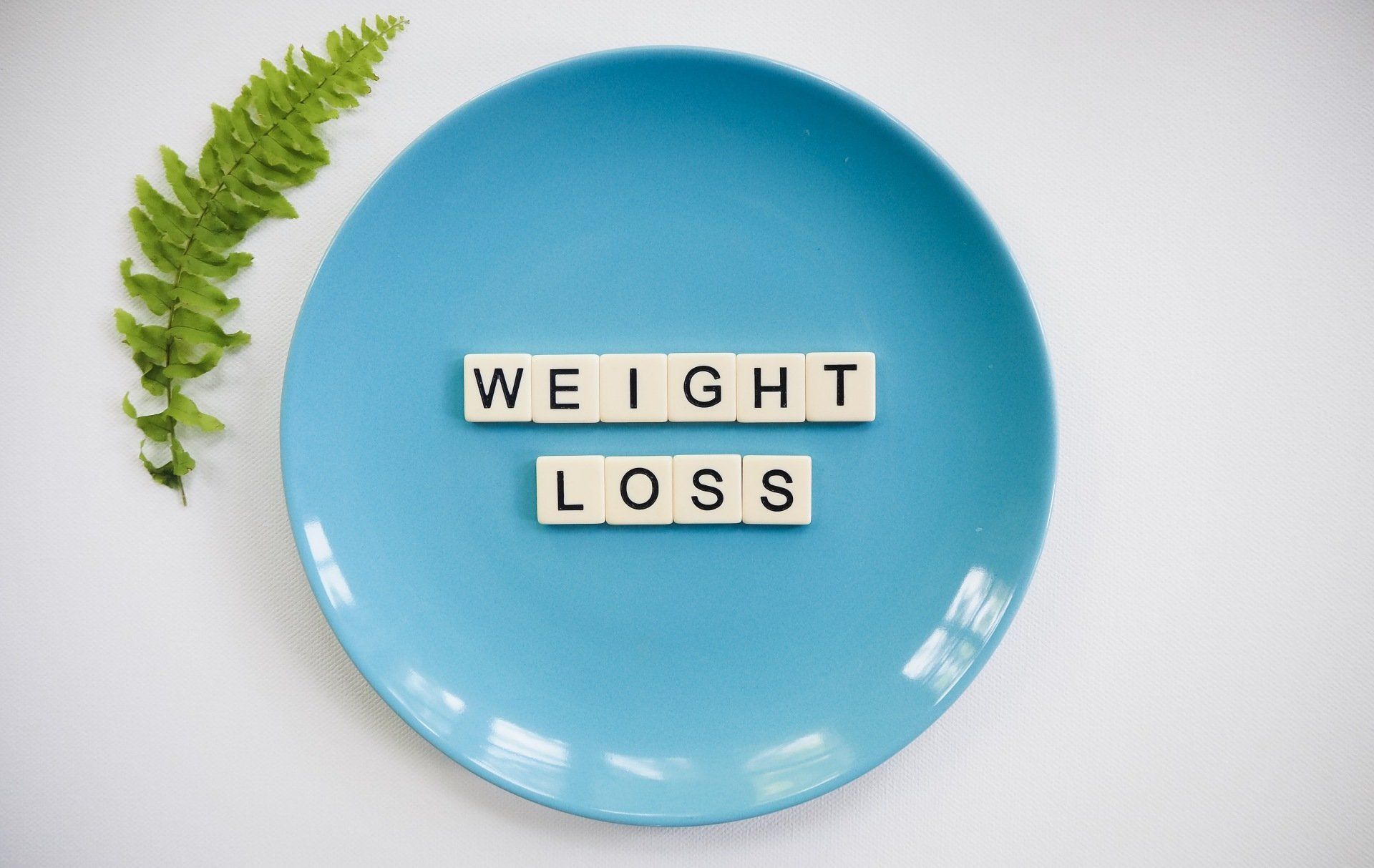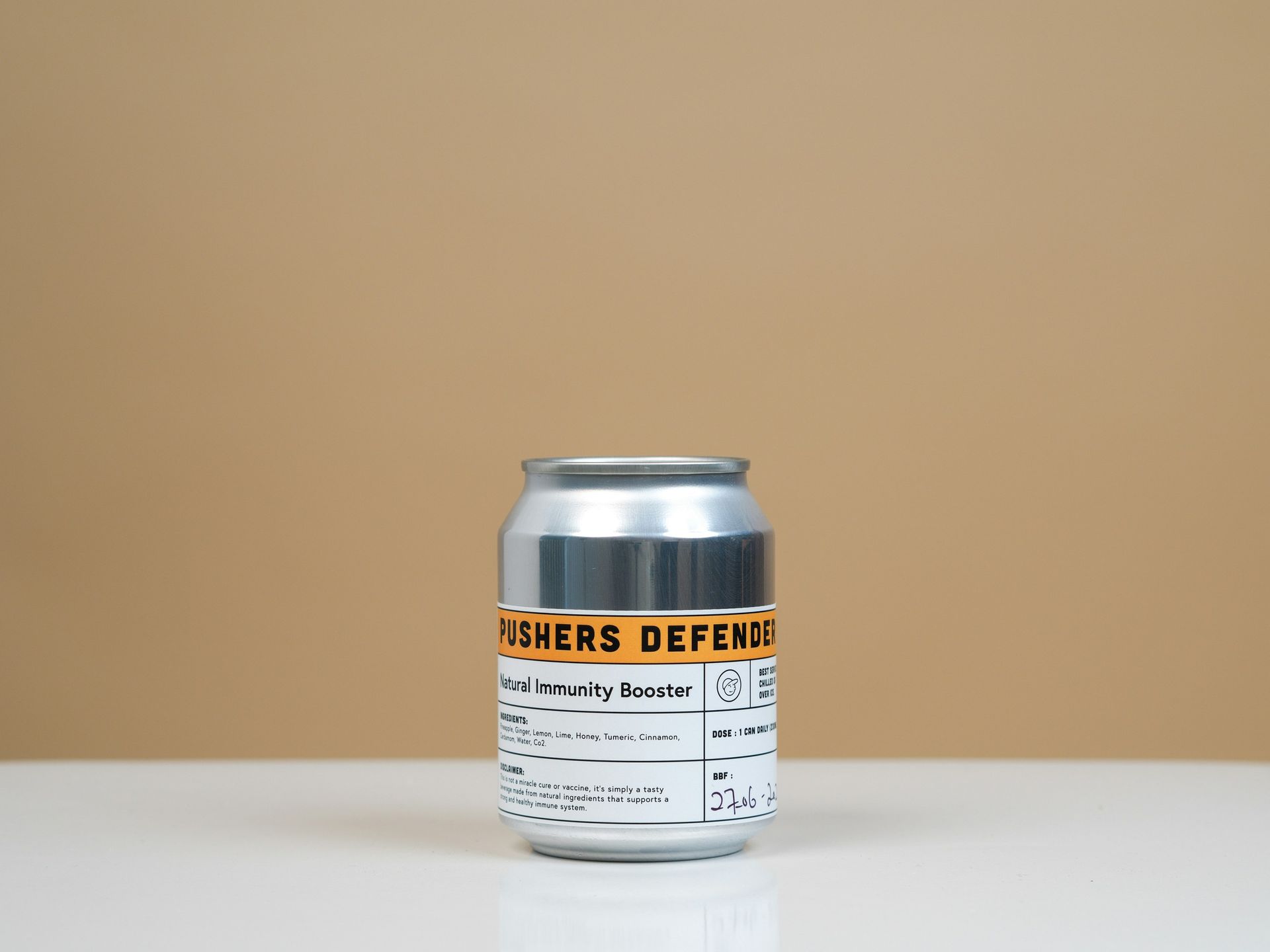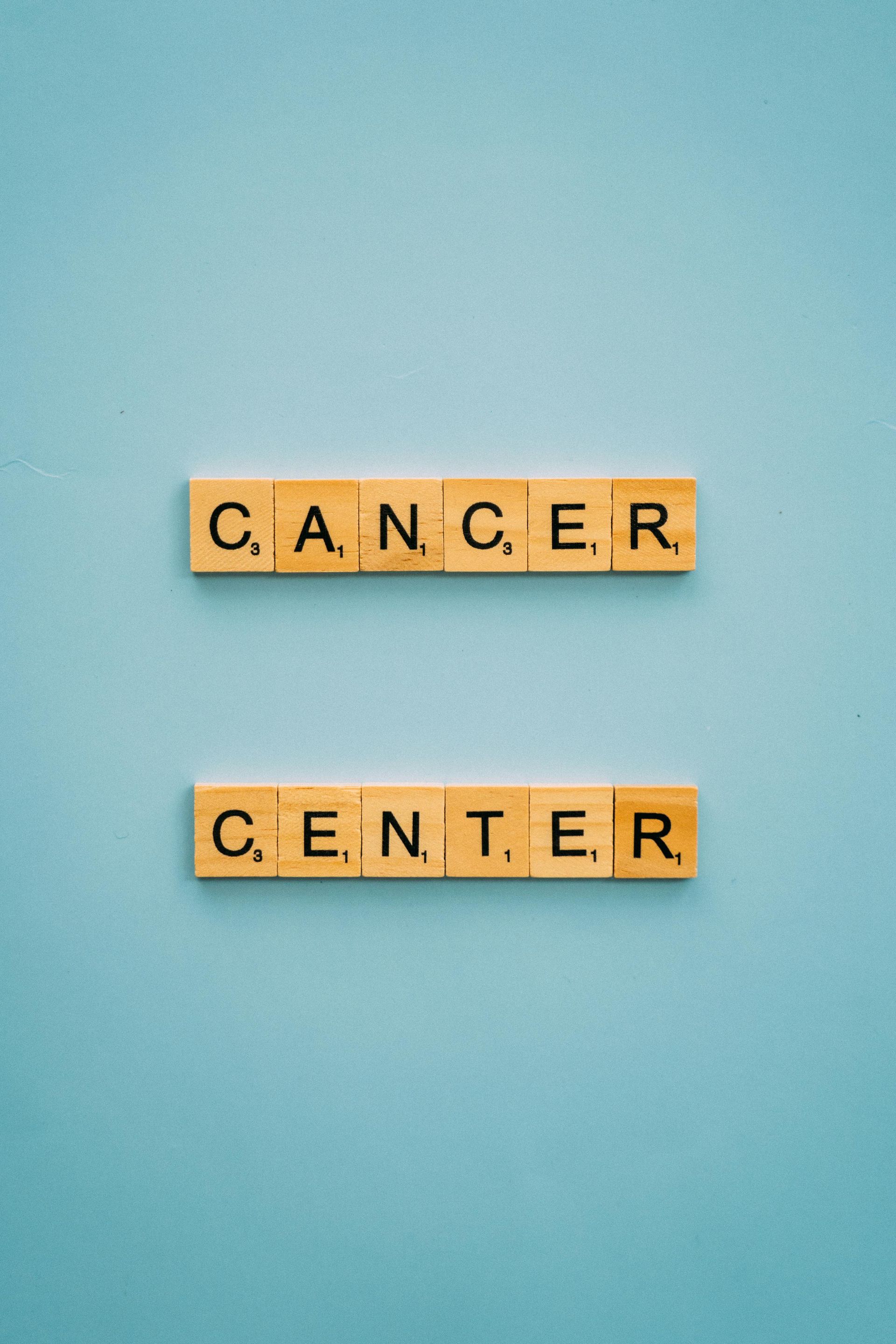Using Spices to Stop Cancer – Turmeric or Curcumin
This week we will focus on how TURMERIC (CURCUMIN) can be used to help stop cancer.
Most of us have heard that using spices might help stop and heal your cancer?
June 10 was National Herbs and Spices day. To celebrate this day, I wrote this piece to focus on how spices might help you improve your cancer care.
Many of my cancer patients, partake of a spice or two with their daily meals, in hopes that they will benefit from their advertised anti-inflammatory benefits. Food, indeed can be your medicine.
I just want to emphasize here, that I did say "to help heal” your cancer. Not a cure.
When you think of using herbs and spices to stop cancer, it is meant as an additional "support" but is not meant to replace your main treatment. Also keep in mind, that spices do have a carbohydrate count. So, be sure to include spices in when you calculate your macros.
With that being said, In honor of spice day, I now wish to reflect my thoughts on TURMERIC. The active ingredient in turmeric is CURCUMIN, a natural compound that comes from the turmeric rhizome root. It goes by the scientific name Curcuma Longa Linn and is a key ingredient in many Indian and Eastern recipes.
Not only does curcumin have direct cancer-killing activity, but it can also indirectly kill cancer cells by targeting cancer stem cells, activate cancer cell death pathways or what we call pathways of "apoptosis", and in cases where chemotherapy no longer is working, to reverse resistance to chemotherapy.
Curcumin and Cancer Stem Cells
Studies of colon cancer stem cells show that they can "talk" to the ( fibroblast ) cells that surround them. Eventually, this crosstalk can tell the surrounding cells to break down. When they do, they melt away the physical barriers that keep the tumor cells contained from the rest of the body, and this now will allow cancer cells to metastasize to other organs.
In the lab, scientists found that curcumin can BLOCK these lines of communication
Lung cancers and curcumin
Curcumin also has activity in lung cancers. It kills lung cancers by reactivating the process of cell death and by dampening the protumor growth signals. With the signals gone, the cancer cells lose direction and ultimately die. Lung cancers can also lose some of their ability to form blood vessels when exposed to curcumin.
Curcumin and Sarcoma
Ewing sarcomas also responded to curcumin, which arrested the cell cycle and ultimately caused the cells to self destruct.
Curcumin slows glioma growth
In glioma cells grown in the lab, curcumin was able to slow their growth.
Breast, stomach, cervical cancers and curcumin
Cervical cancer cells, stomach cancer, breast cancer all have seen anti-tumor benefits with curcumin.
Failed chemotherapy? Reversing chemotherapy drug resistance with curcumin
We all know of someone who responds well to chemotherapy, only to find out months later that the chemo has stopped working. The cancer cells develop a way to pump out the chemotherapy from their insides and evade damage.
Breast cancer cells that have developed resistance to chemotherapy, saw a reversal of this resistance when exposed to curcumin.
In the lab, colon cancer cells grown in a dish that has grown resistant to and no longer respond to 5FU chemotherapy can reverse this resistance by exposure to curcumin. Curcumin can also make chemotherapy such as Irinotecan, work better.
Studies of mice injected with colon cancer cells show that curcumin can make the chemo drug bevacizumab more effective by preventing blood vessel growth.
Indeed, this is one spice that has multiple benefits. Not only does it help kill cancer cells faster, but it can also reverse chemotherapy resistance, making cancers that no longer respond to chemotherapy, become responsive again.
So, the next time you go to the grocery store, make sure that turmeric is on your shopping list. Use it, and use it in all your favorite spicy dishes!
- Curcumin suppresses crosstalk between colon cancer stem cells and stromal fibroblasts in the tumor microenvironment: potential role of EMT. PLoS One, 2014.
- Curcumin inhibits the development of non-small cell lung cancer by inhibiting autophagy and apoptosis. Exp Ther Med, 2017.
- Enhancement in in vitro anti-angiogenesis activity and cytotoxicity in lung cancer cell by pectin-PVP based curcumin particulates. Int J Biol Macromol, 2017.
- Cell cycle inhibition and apoptosis induced by curcumin in Ewing sarcoma cell line SK-NEP-1. Med Oncol, 2010
- Dietary curcumin attenuates glioma growth in a syngeneic mouse model by inhibition of the JAK1,2/STAT3 signaling pathway. Clin Cancer Res, 2010.
- Anti-Glioma Effect with Targeting Therapy Using Folate Modified Nano-Micelles Delivery Curcumin. J Biomed Nanotechnol, 2020
- Curcumin counteracts the proliferative effect of estradiol and induces apoptosis in cervical cancer cells. Mol Cell Biochem, 2011.
- Curcumin Enhances the Anticancer Effect Of 5-fluorouracil against Gastric Cancer through Down-Regulation of COX-2 and NF- kappaB Signaling Pathways. J Cancer, 2017.
- Curcumin reverses doxorubicin resistance via inhibition the efflux function of ABCB4 in doxorubicinresistant breast cancer cells. Mol Med Rep, 2019.
- Reversal of PGlycoprotein-Mediated Multidrug Resistance by Novel Curcumin Analogues in Paclitaxel-resistant Human Breast Cancer Cells. Biochem Cell Biol, 2020.
- Curcumin reduces mitomycin C resistance in breast cancer stem cells by regulating Bcl-2 family-mediated apoptosis. Cancer Cell Int, 2017.
- Curcumin chemosensitizes 5-fluorouracil resistant MMR-deficient human colon cancer cells in high density cultures. PLoS One, 2014.
- Curcumin Regulates Colon Cancer by Inhibiting P-Glycoprotein in In-situ Cancerous Colon Perfusion Rat Model. J Cancer Sci Ther, 2013.
- Combined therapy using bevacizumab and turmeric exhibited beneficial efficacy in colon cancer mice. Pharmacol Res, 2016. .






